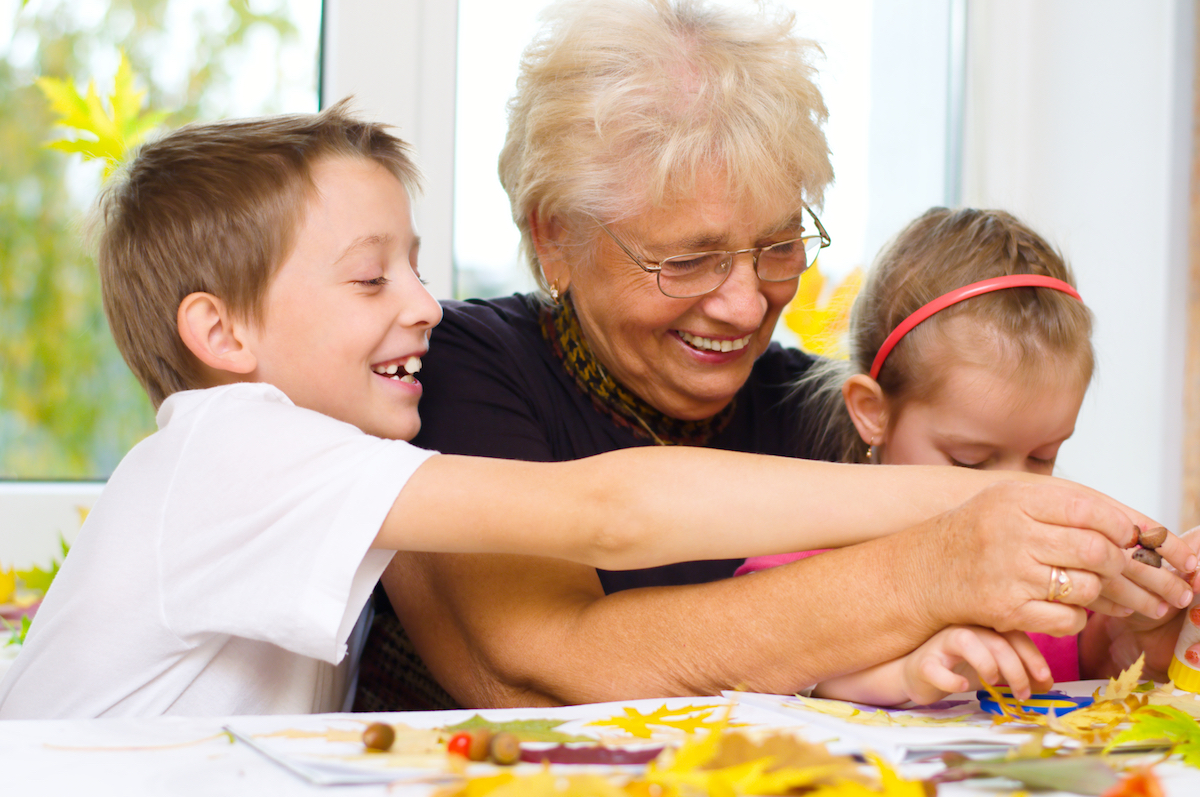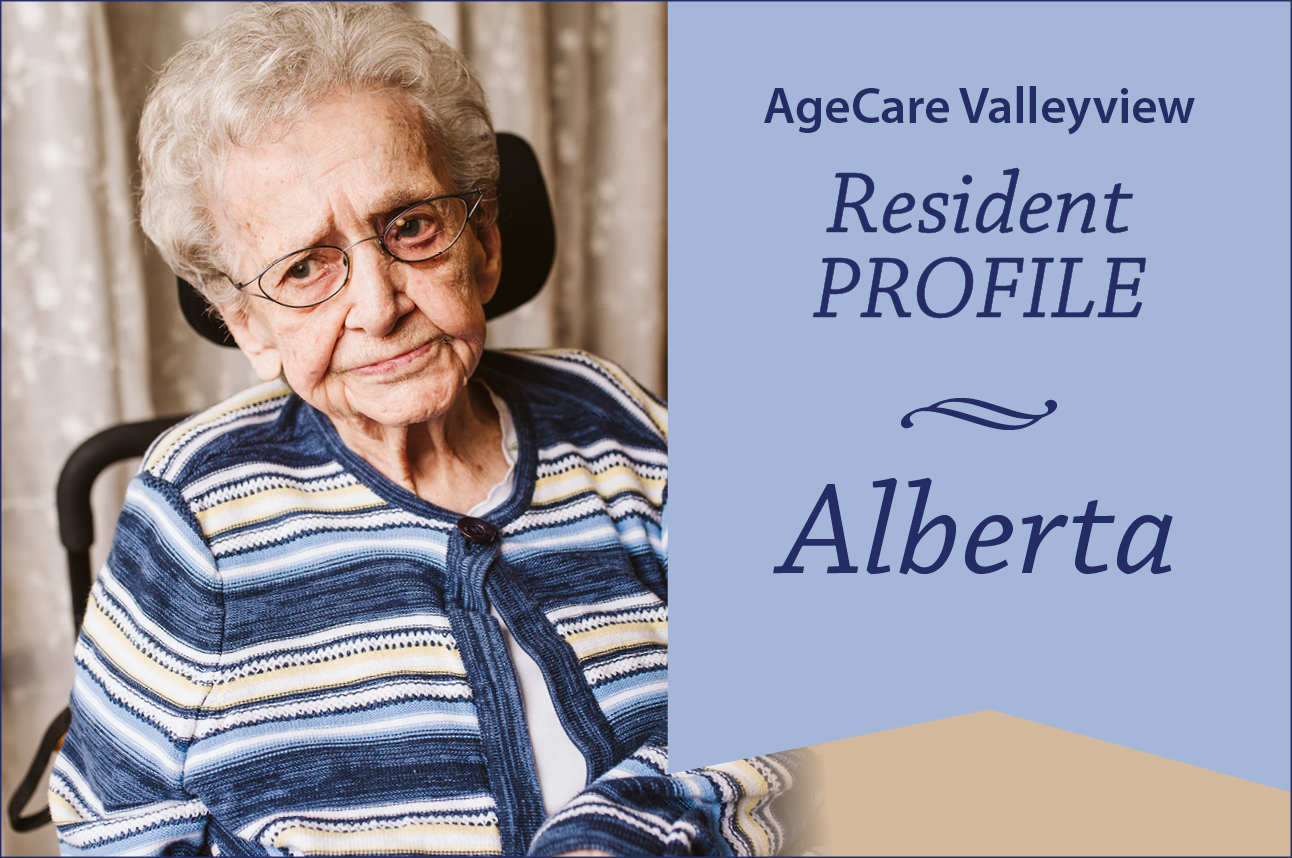The Loneliness Factor: Helping Seniors Feel Connected

Nowadays we often hear that people are living longer, but the reality is, those later years in life can be a lonely time for many.
“My husband is gone, my kids are busy with their own lives, it’s hard to meet people and feel in touch,” said 79-year-old JoAnne Wilson. JoAnne laments about her longing for the past. “I miss the days when we had a house full of kids and friends up and down the street. I never expected my life would be this empty.”
According to the National Seniors’ Council, isolation among seniors is both prevalent and concerning. Enough so that our government has instituted programs and services to try and fortify seniors with activities and social opportunities. The belief is that isolation leads to poor health and vulnerability.
Indeed this is a concerning issue – given that many of us have aging loved ones – and considering that all of us are on the path leading to old age. It’s a relief to know that there are high level efforts in place to try and break the cycle of loneliness among seniors, but it’s even more heartening when everyday people step up to adopt seniors in their communities.
“There is a dear old man living alone two doors down from us,” said south Calgary resident Shelley Stevens. “I drop by with muffins for him regularly and my son goes over to play cards with him a few times a month.”
Ideally, we would all adopt a lonely senior – for benefits that are no doubt plentiful on both sides of the equation. People don’t need to look far to find an elderly person who would enjoy some simple conversation, a cup of tea, or accompaniment on a walk. Check the mall, a park bench or the line up in the drug store.
For the senior loved one in your life, if it’s not possible to spend long periods of time together, consider these alternatives:
- Call often, if possible at a set time. Have a variety of topics to chat about including current events, activities in your life and memories of days gone by. Remember to inquire earnestly about your loved one’s thoughts and feelings.
- Encourage physical activity. Suggest your loved one go for walks or participate in any sort of activity that includes movement. Go with them if you are able.
- Encourage social activity. Offer ideas such as having them join a regular group related to a hobby (art, cards, bingo, quilting, bible study), or perhaps a seniors group in their community.
- Visit as often as you can and bring along kids, friends and pets on occasion for some diverse companionship.
- Bring them to your home for tea or a meal. Even a short visit to your busy household will be enriching for them.
- Take your loved one on an outing. Visit the library, zoo, a restaurant or a museum. Even taking them with you to the grocery store can be stimulating enough.
- Enroll in an Adult Day Support program offered at various seniors centres in your area. These programs offer recreational activities, mental stimulation and social connection that can greatly alleviate loneliness.
Also consider introducing your aging loved one to the many benefits of relocating to an independent or assisted living retirement residence. These facilities do not have to include the ‘old folks home’ image you may be conjuring up in your mind… in fact, the new generation of senior communities are warm, inviting and full of friendship, joy and vitality.
In these vibrant communities, seniors can experience a gradual change in their independence, taking advantage of services and receiving care in stages. Furthermore, they and immersed in community where they are invited to share meals with others and participate in activities that interest them. For many, this is the perfect antidote to loneliness!


